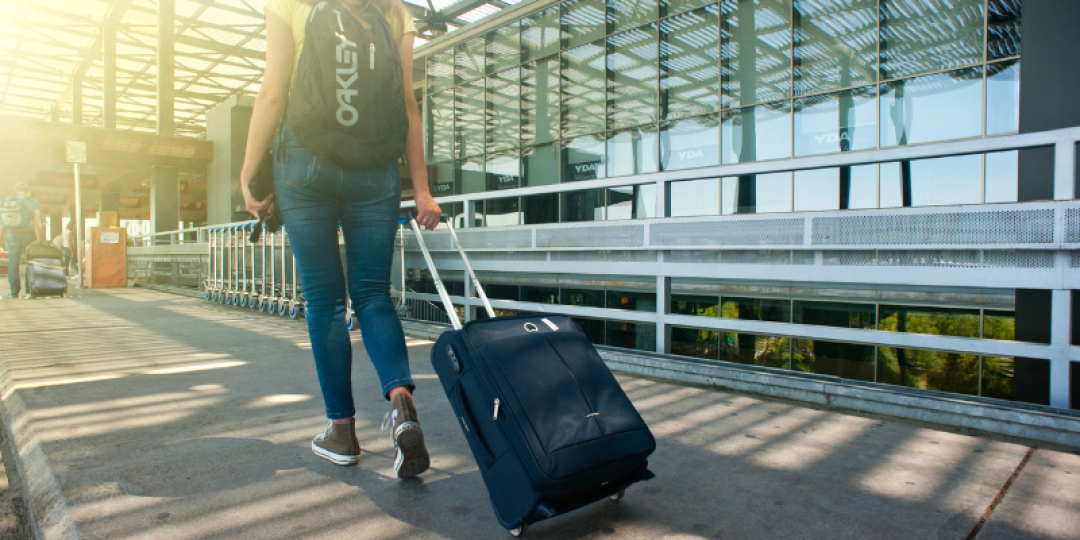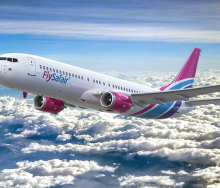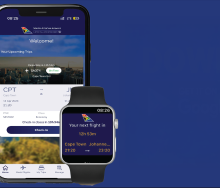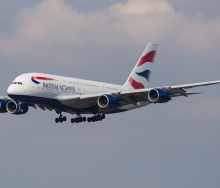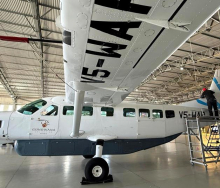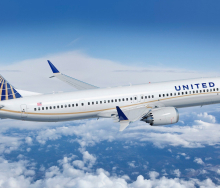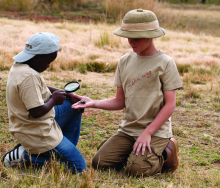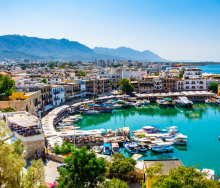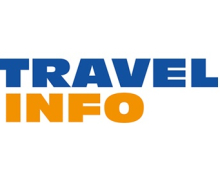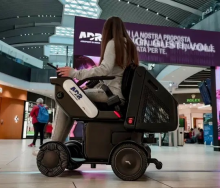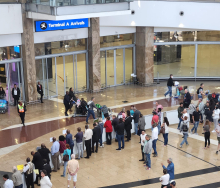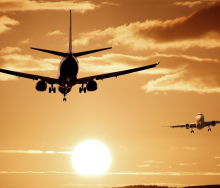While the travel industry can look forward to a muted recovery from the second quarter, it will be a tough start to the year. Travel agents need to seize the opportunity provided by the complexity of booking travel in the current climate to demonstrate their value to clients and potential clients and build traveller confidence.
These are some of the insights shared by industry heads canvassed by Travel News this week.
Garth Wolff, md of eTravel, predicts that while the industry won’t see much change in the first quarter of the year, the second quarter should show massive growth on the first and begin clawing back some of the pre-COVID-19 revenue. This would continue in the third and fourth quarters, Garth said, suggesting that the last months of 2021 would end with numbers “almost” at the levels achieved pre-COVID-19. Like many, Garth believes that the roll-out of a COVID-19 vaccine will go a long way in driving the recovery.
Vanya Lessing, Sure Travel ceo, was optimistic about the prospects of the recovery afforded by a vaccine roll-out. Vanya predicted a slow, but steady recovery as the economy starts to pick up when a vaccine is rolled out.
Morne du Preez, Tourvest Travel Services ceo, too said the vaccine was the key, and said he wouldn’t be surprised if having a vaccination was required for travel in future. He pointed out that South African travellers had been used to this scenario when travelling to areas with yellow fever.
“Traveller confidence is probably going to be one of our biggest challenges,” said Otto de Vries, Asata ceo. “They just don’t know what to expect, which creates anxiety, and this is further fuelled by government restrictions and policies that are not always clear.”
Otto said this scenario presented agents with an opportunity to shine because they could alleviate some of this anxiety. “We could become that fountain of information and be the ones that consolidate and define where people can travel, what they need to do, what precautions they need to take and what they can expect if they choose to travel.” He added that agents needed to make sure they offered accommodation that provided the highest levels of cleanliness and hygiene protocols and worked with suppliers that offered flexible policies.
Likewise, Vanya said corporates would need assurance that stringent health and safety protocols were in place for employees. Marco Ciocchetti pointed out that while the second wave of COVID-19 had put the industry back to square one, agents at least had one new advantage. He explained that while override targets had never been adjusted downwards in the past, suppliers could no longer set override targets and agents could choose to work with suppliers that remunerated them for every sale.
Andrew Stark, FCTG md MEA, said while the year ahead looked daunting, the industry was better placed than it was at the start of the pandemic. He said President Cyril Ramaphosa made the right call on Monday night by closing land borders where there was major risk, but keeping international and interprovincial borders open and, importantly, keeping the economy open.
Andrew said the outlook for 2021 was the same as last year, with the focus on domestic travel. He added that last year the group predicted that domestic travel would dominate for the next two or two and a half years. Andrew also highlighted financial liquidity as crucial for businesses to survive the year and pointed out that although some businesses had predicted travel would be on track by November last year, the impact of the pandemic had been prolonged.
